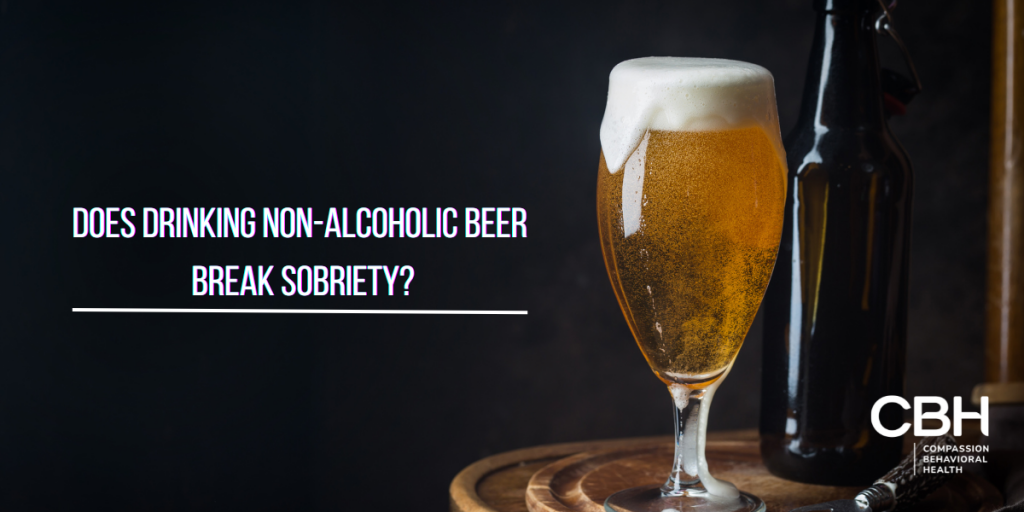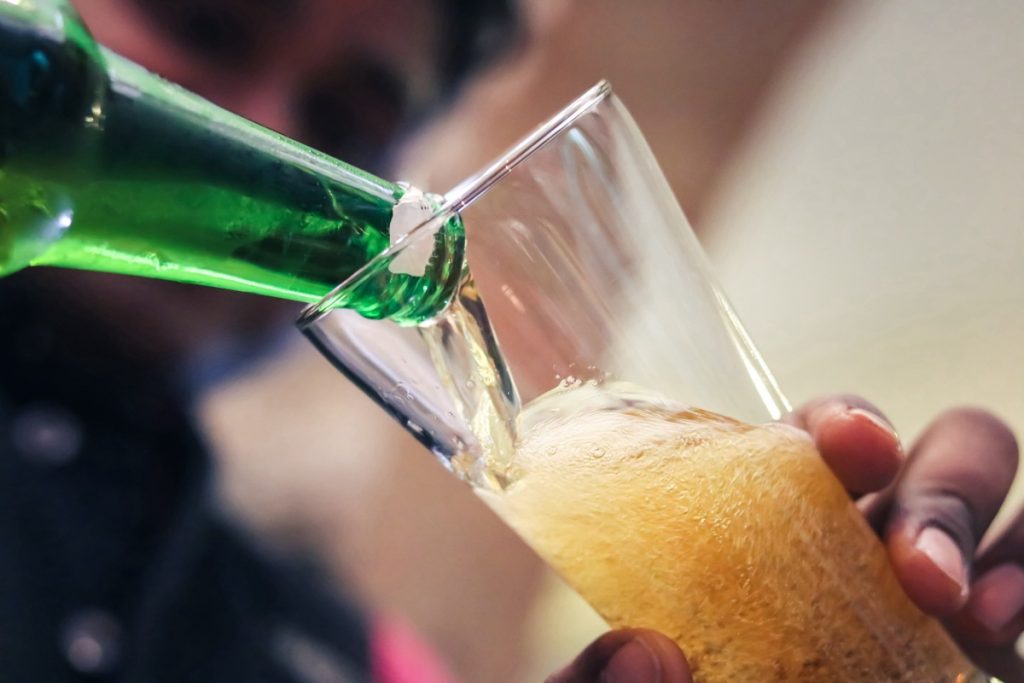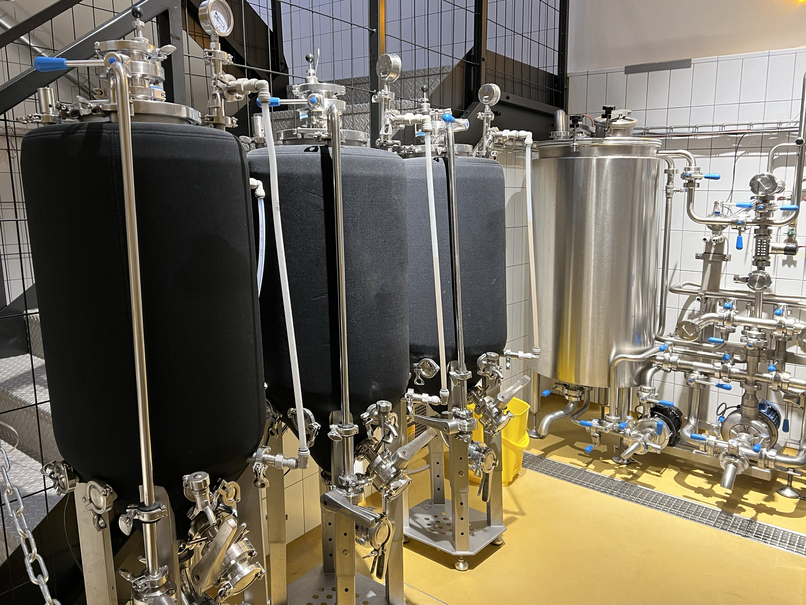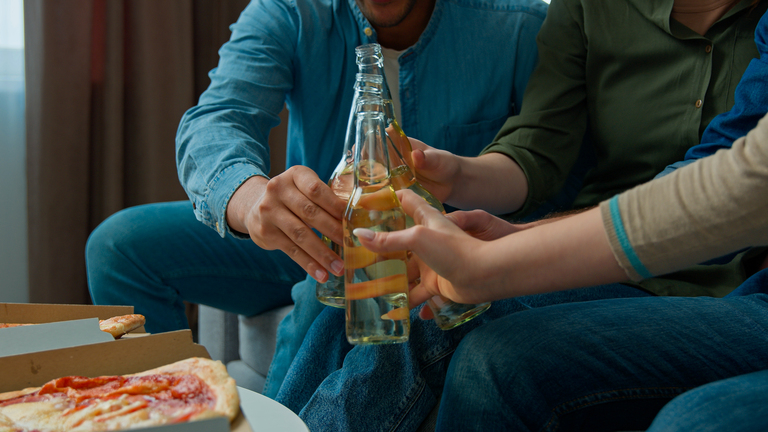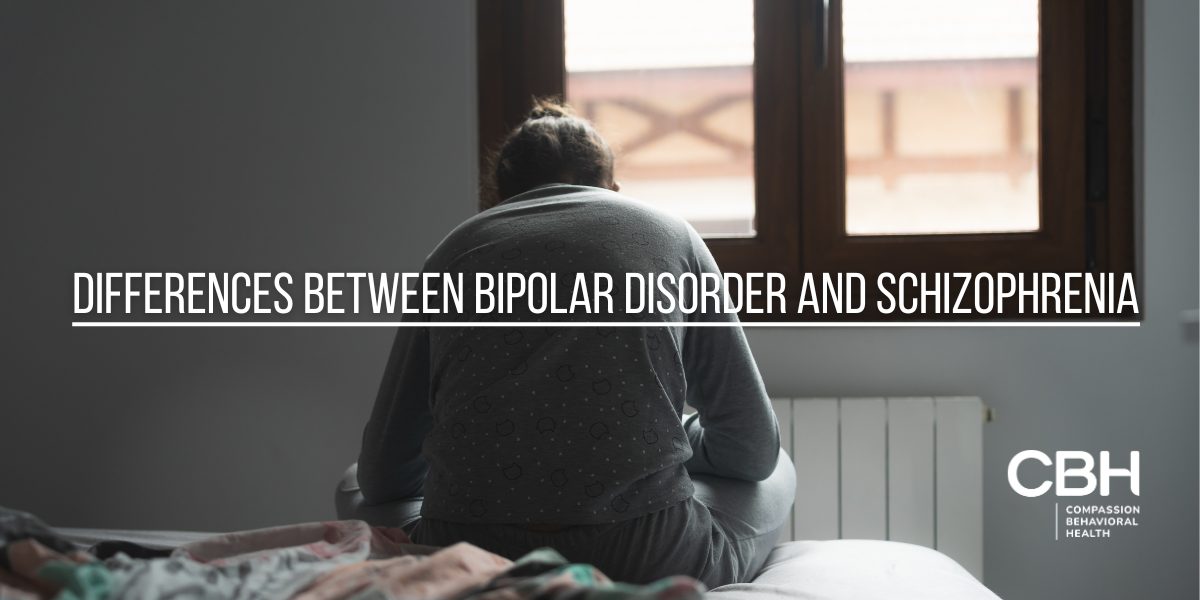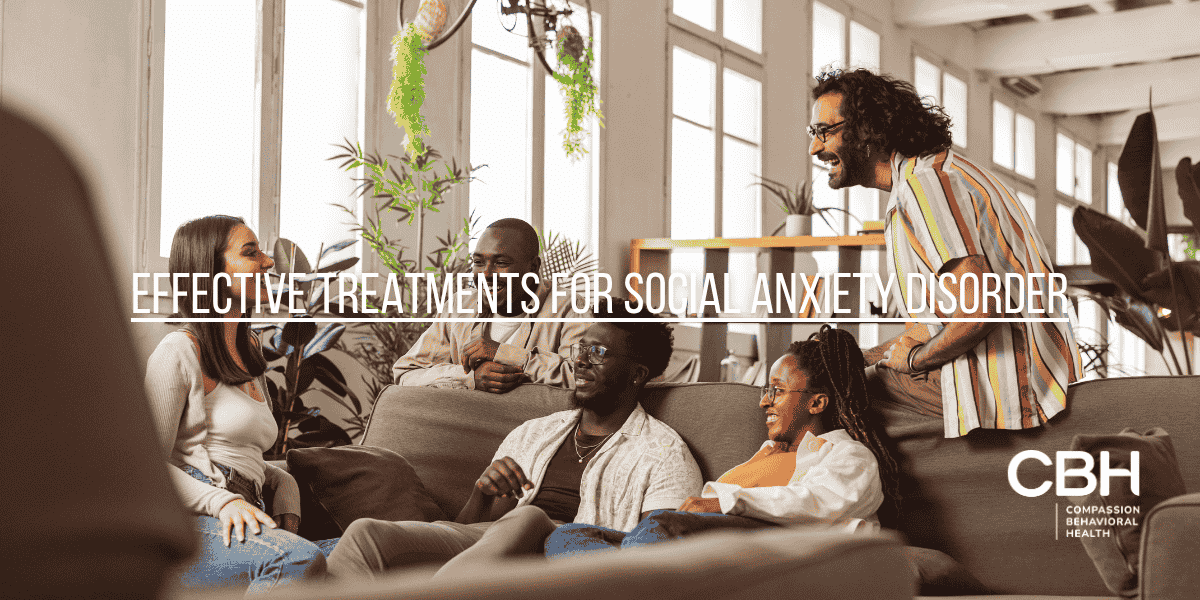Non-alcoholic beer has gained popularity in recent years as a viable alternative for those in recovery from alcohol addiction. However, a question that often arises is whether consuming non-alcoholic beer is considered breaking sobriety. In order to explore this topic thoroughly, it is important to understand sobriety and non-alcoholic beer, examine the science behind these beverages, delve into the psychological implications, and consider the perspectives of the recovery community.
Understanding Sobriety and Non-Alcoholic Beer
Sobriety, in the context of alcohol addiction recovery, refers to abstaining from consuming alcoholic beverages entirely. The goal is to maintain a sober lifestyle and avoid the negative consequences associated with alcohol abuse. Individuals in recovery often embrace sobriety as a means of reclaiming control over their lives and improving their physical and mental well-being.
When it comes to alcohol addiction recovery, sobriety is a fundamental aspect of the journey toward a healthier and happier life. It involves making a conscious decision to abstain from consuming alcoholic beverages and recognizing the detrimental effects they can have on one’s physical health, mental well-being, relationships, and overall quality of life.
Embracing sobriety means taking control of one’s life and breaking free from the cycle of alcohol dependency. It requires commitment, determination, and a strong support system to navigate the challenges that may arise along the way. By choosing sobriety, individuals in recovery open themselves up to a world of possibilities, where they can rediscover their passions, rebuild relationships, and achieve personal growth.
What is Non-Alcoholic Beer?
Non-alcoholic beer, also known as NA beer or alcohol-free beer, is a beverage that is designed to taste and look like traditional beer but contains very minimal or no alcohol. Through various brewing processes, alcohol content is reduced to a level that falls below the legal definition of an alcoholic beverage. In many countries, this threshold is typically 0.5% alcohol by volume (ABV) or lower.
Non-alcoholic beer has gained popularity in recent years as a viable alternative for individuals who want to enjoy the taste and social experience of drinking beer without the intoxicating effects of alcohol. It provides an option for those in recovery or those who choose not to consume alcohol for various reasons, such as health concerns, religious beliefs, or personal preferences.
The brewing process of non-alcoholic beer involves techniques like vacuum distillation, reverse osmosis, or the use of specialized yeast strains that produce minimal alcohol during fermentation. These methods allow brewers to create a beverage that closely resembles the taste, aroma, and appearance of traditional beer, while keeping the alcohol content at a negligible level.
Non-alcoholic beer comes in various styles, including lagers, ales, stouts, and IPAs, offering a wide range of flavors to suit different preferences. It can be enjoyed on its own or paired with food, just like regular beer. Some breweries even offer craft non-alcoholic beers, providing a diverse and exciting selection for those seeking alcohol-free alternatives.
For individuals in recovery, non-alcoholic beer can serve as a tool to navigate social situations where alcohol is present. It allows them to participate in social gatherings without feeling left out or pressured to consume alcoholic beverages. Non-alcoholic beer provides a sense of normalcy and inclusivity, enabling individuals to enjoy the taste and experience of beer while maintaining their commitment to sobriety.
It is important to note that while non-alcoholic beer contains minimal or no alcohol, it may still trigger cravings or emotional associations for individuals with a history of alcohol addiction. It is crucial for those in recovery to assess their own physical and emotional triggers and consult with healthcare professionals or support groups to determine if non-alcoholic beer is a suitable choice for their sobriety journey.
The Science Behind Non-Alcoholic Beer
How is Non-Alcoholic Beer Made?
The production of non-alcoholic beer involves several methods to remove or reduce the alcohol content while preserving its taste. One common method is known as vacuum distillation, where the beer is heated under a vacuum to evaporate the alcohol at a lower temperature than water, ensuring the flavor is not compromised. Another technique is reverse osmosis, which employs a semi-permeable membrane to separate the alcohol from the beer. These processes allow the brewers to achieve a desirable alcohol-free or low-alcohol result.
Alcohol Content in Non-Alcoholic Beer
Despite efforts to minimize alcohol content, trace amounts may still remain in non-alcoholic beer. Labels often indicate the specific alcohol content, ensuring consumers are aware of the product they are consuming. While the amount of alcohol in non-alcoholic beer is significantly lower than in traditional beer, it is essential for those in recovery to understand this distinction and make an informed decision accordingly.
Psychological Implications of Drinking Non-Alcoholic Beer
The Placebo Effect and Sobriety
The placebo effect can play a significant role in the psychological implications of drinking non-alcoholic beer. For some individuals, the act of consuming a beverage that resembles beer can trigger a placebo response, leading them to experience sensations or emotions similar to those associated with alcohol consumption. This phenomenon can have both positive and negative effects, depending on the individual’s mindset and intentions.
Triggers and Cravings in Sobriety
Sobriety involves navigating triggers and managing cravings to maintain a healthy lifestyle. For some individuals in recovery, consuming non-alcoholic beer may trigger cravings and remind them of past drinking experiences, potentially placing their sobriety at risk. It is important for each person in recovery to assess whether drinking non-alcoholic beer will disrupt their ongoing journey and individualize their choices accordingly.
Views from the Recovery Community
Opinions from Sobriety Coaches
Sobriety coaches, who provide guidance and support for individuals in alcohol addiction recovery, often have differing opinions when it comes to non-alcoholic beer. Some coaches advocate for complete abstinence from any beverage resembling alcohol, as it may blur the lines or increase the risk of relapse. Others take a more moderate stance, recognizing non-alcoholic beer as a potential harm-reduction tool when consumed responsibly.
Perspectives from Recovering Alcoholics
Recovering alcoholics also hold diverse viewpoints regarding non-alcoholic beer. Some individuals find that drinking NA beer helps them feel included during social occasions without putting their sobriety at risk, while others prefer to steer clear of any beverage that reminds them of their past struggles with alcohol addiction. Peer support groups and counseling can provide valuable insights and a sense of community to individuals grappling with this decision.
Making the Decision for Your Sobriety
Personal Factors to Consider
Each person in recovery must consider their unique circumstances, motivations, and triggers when deciding whether drinking non-alcoholic beer aligns with the definition of sobriety. Evaluating personal goals, consulting with healthcare professionals, and seeking support from the recovery community can aid in making an informed choice that supports long-term well-being.
Seeking Professional Guidance
When faced with uncertainty or conflicting emotions, seeking professional guidance is advisable. Addiction specialists, therapists, and counselors can provide tailored advice and help individuals in recovery explore the potential effects of consuming non-alcoholic beer on their sobriety. Recognizing the importance of professional expertise can empower individuals to make choices that align with their goals and aspirations in recovery.
In conclusion, the question of whether drinking non-alcoholic beer breaks sobriety is subjective and depends on individual circumstances. It is crucial for individuals in recovery to evaluate the psychological implications and consult with professionals, considering their self-defined goals and the potential impact on their journey to lasting sobriety. Ultimately, the decision lies in the hands of each person, based on their understanding of their own recovery and personal preferences.
At Compassion Behavioral Health, we prioritize the well-being and personalized needs of each individual. Understanding the complexities and nuances of sobriety is central to our approach. For anyone grappling with the decision around non-alcoholic beer or any other aspect of their recovery journey, our dedicated team is here to guide, support, and empower. Reach out to us today, and let’s embark on a path of understanding and healing together.
